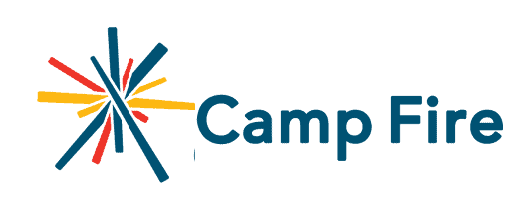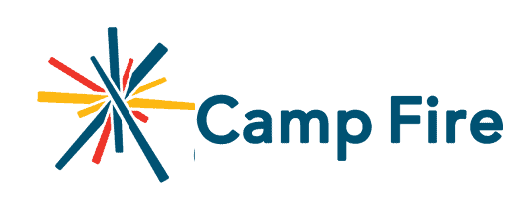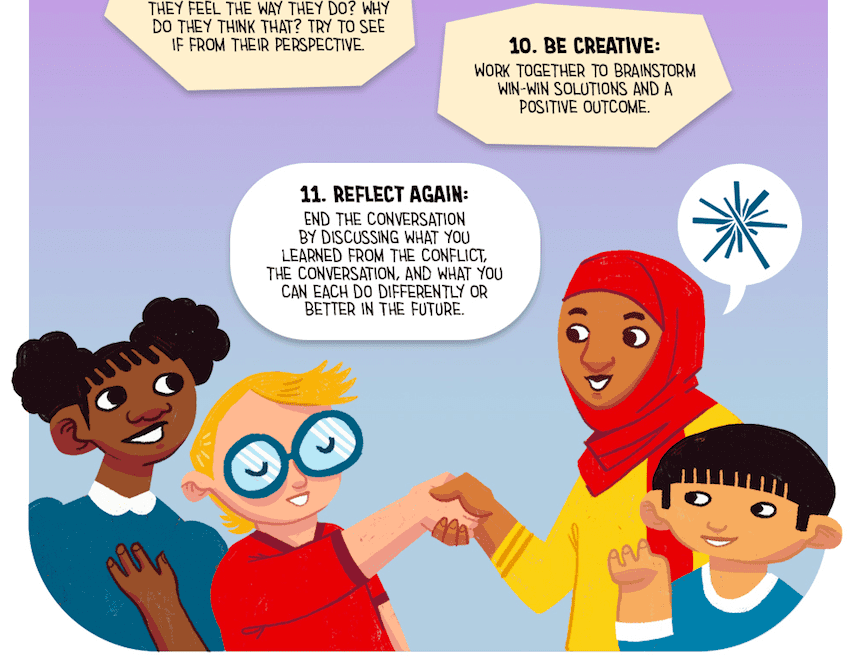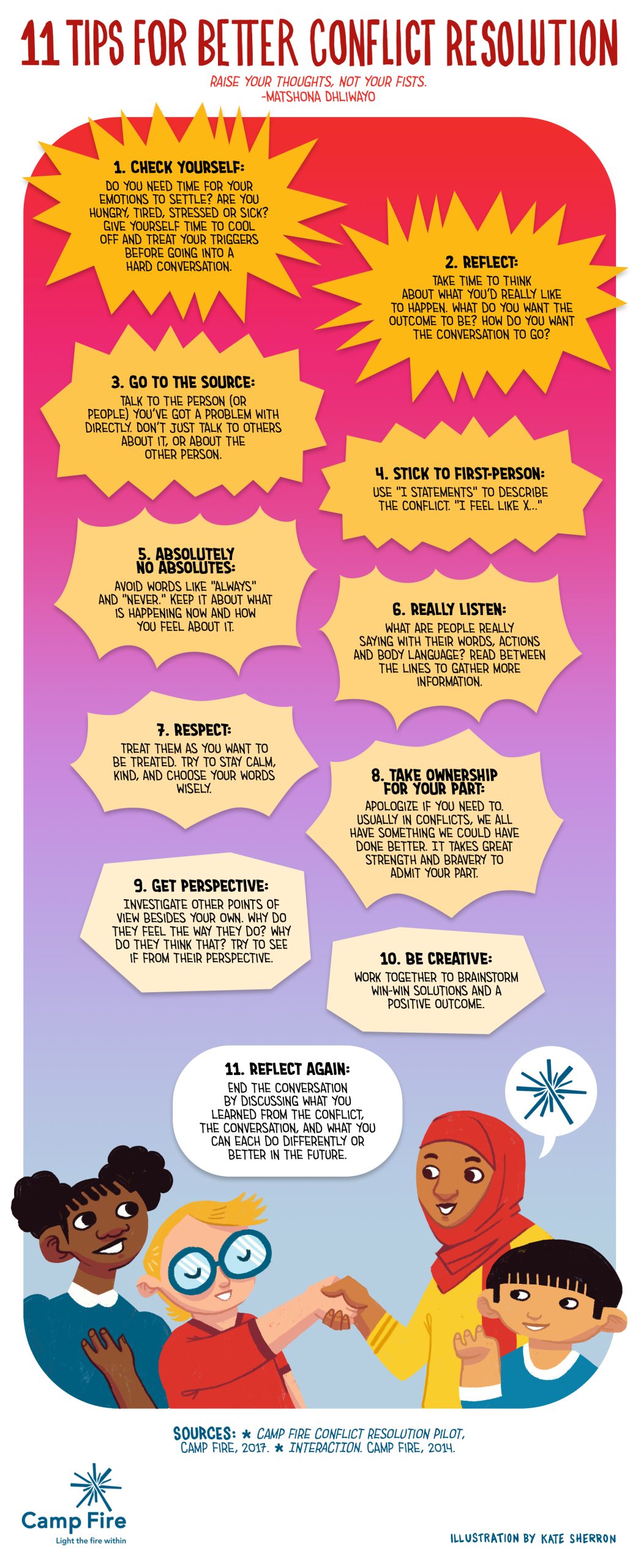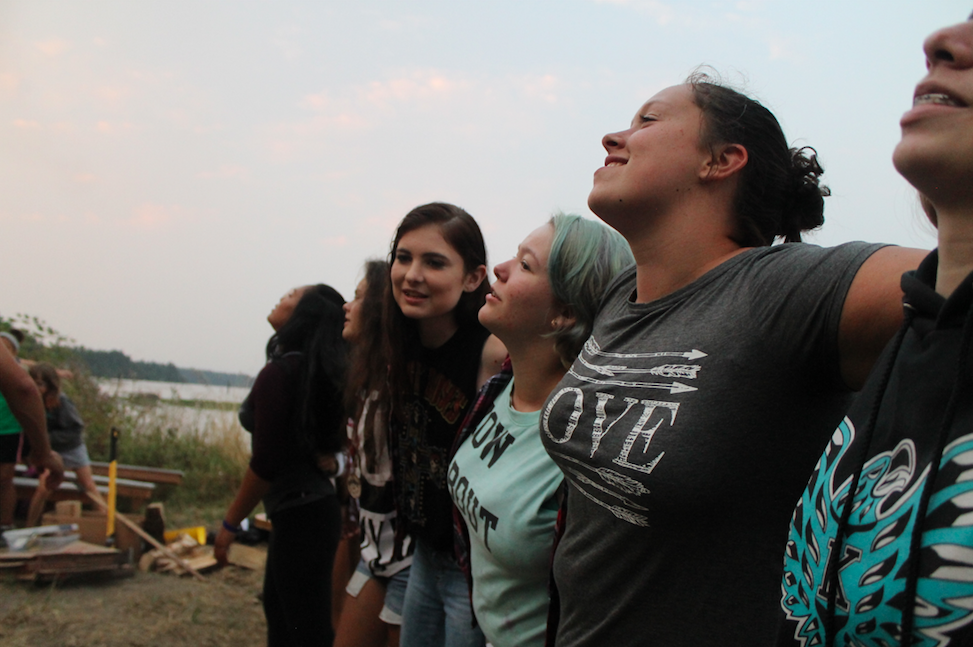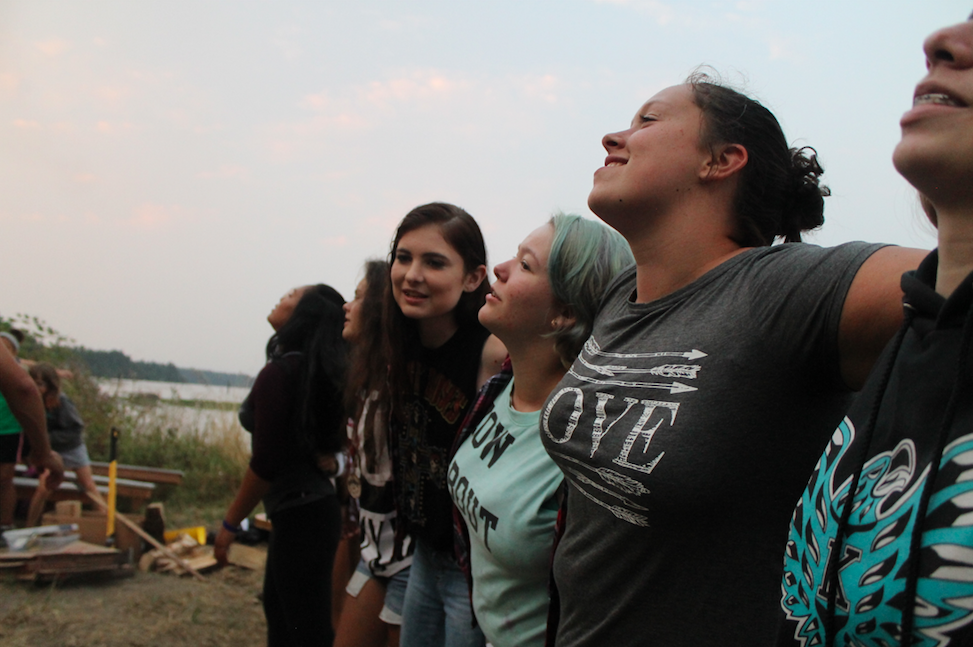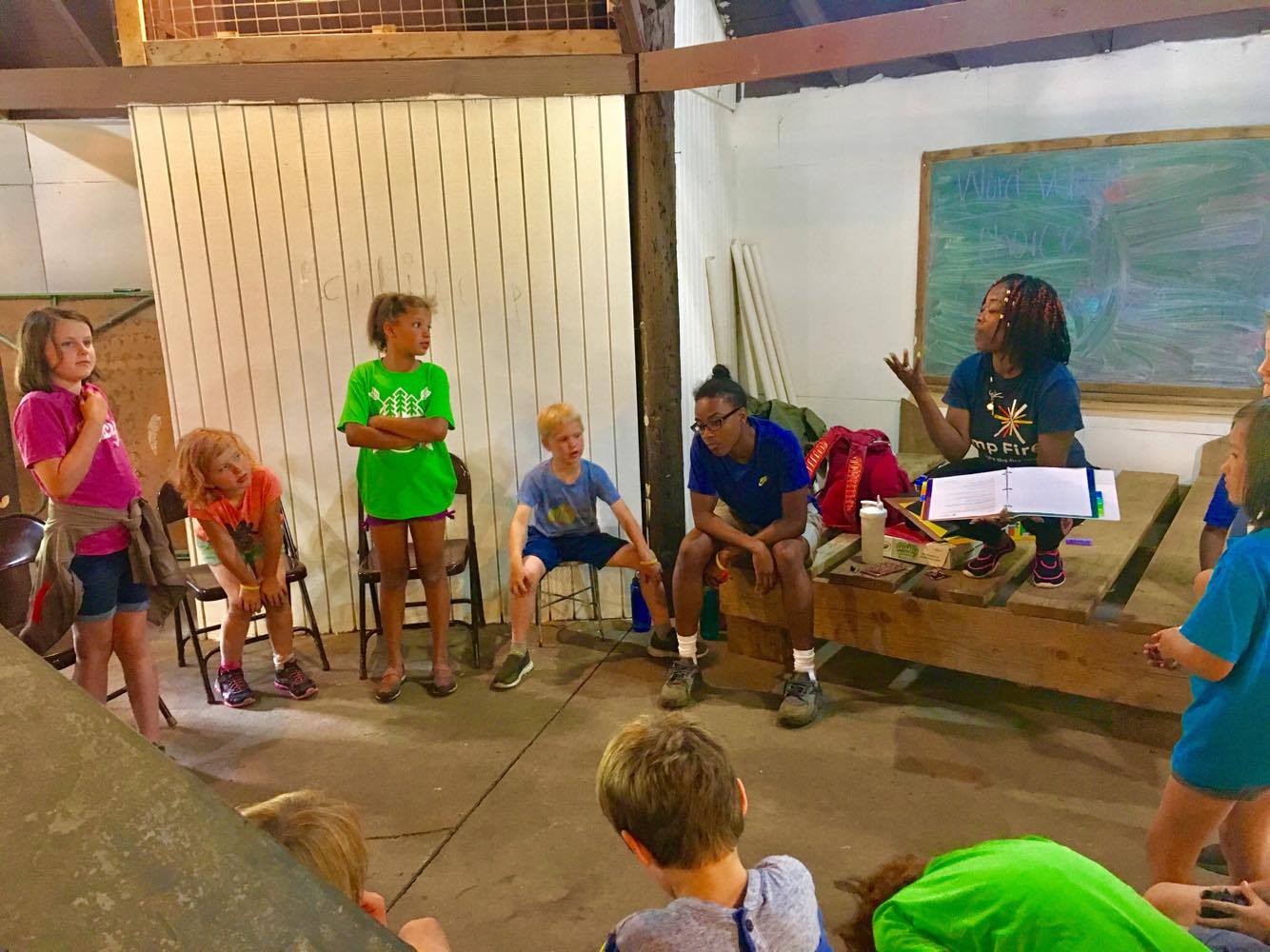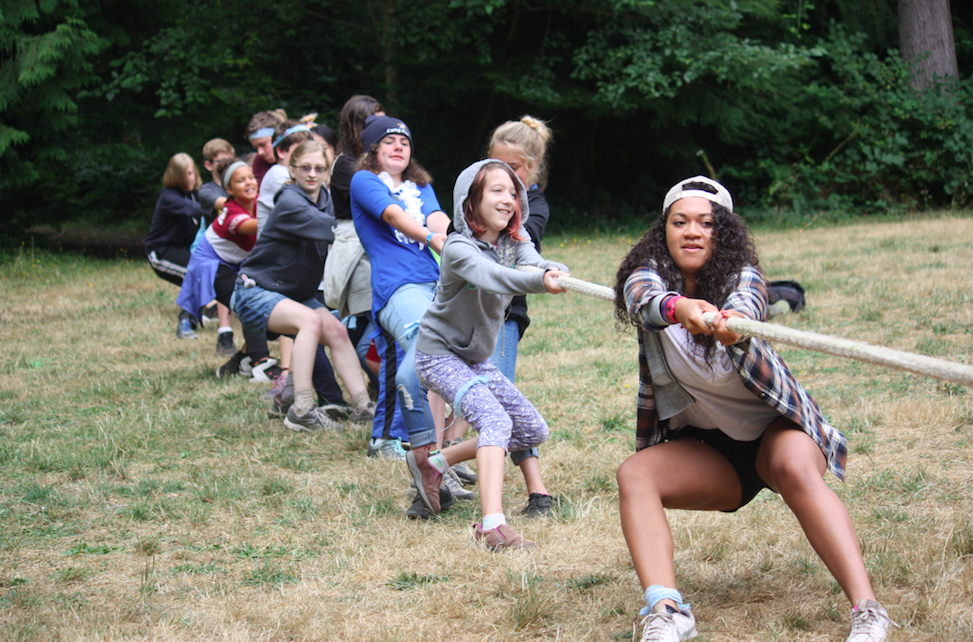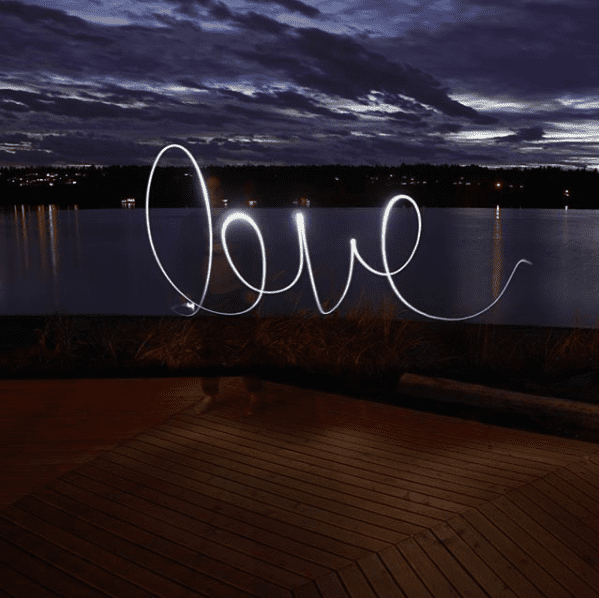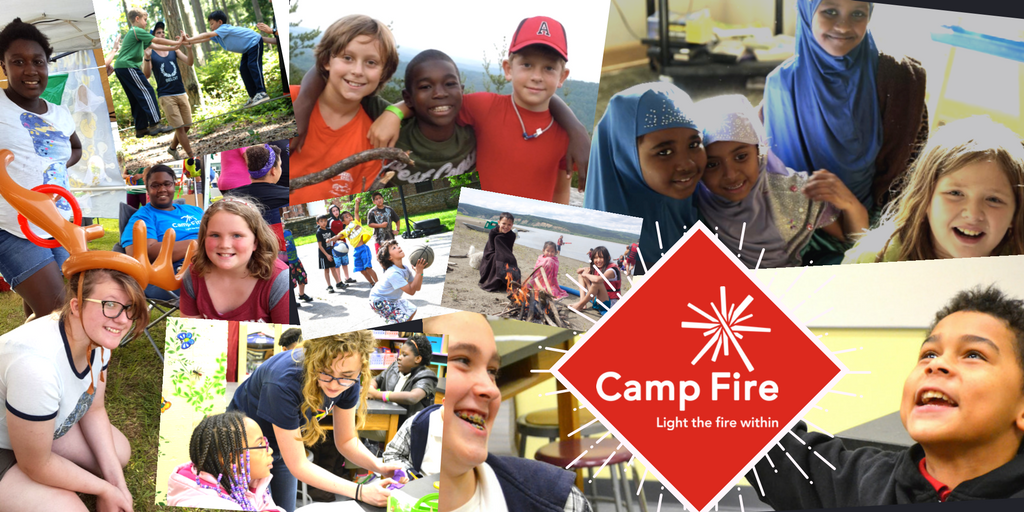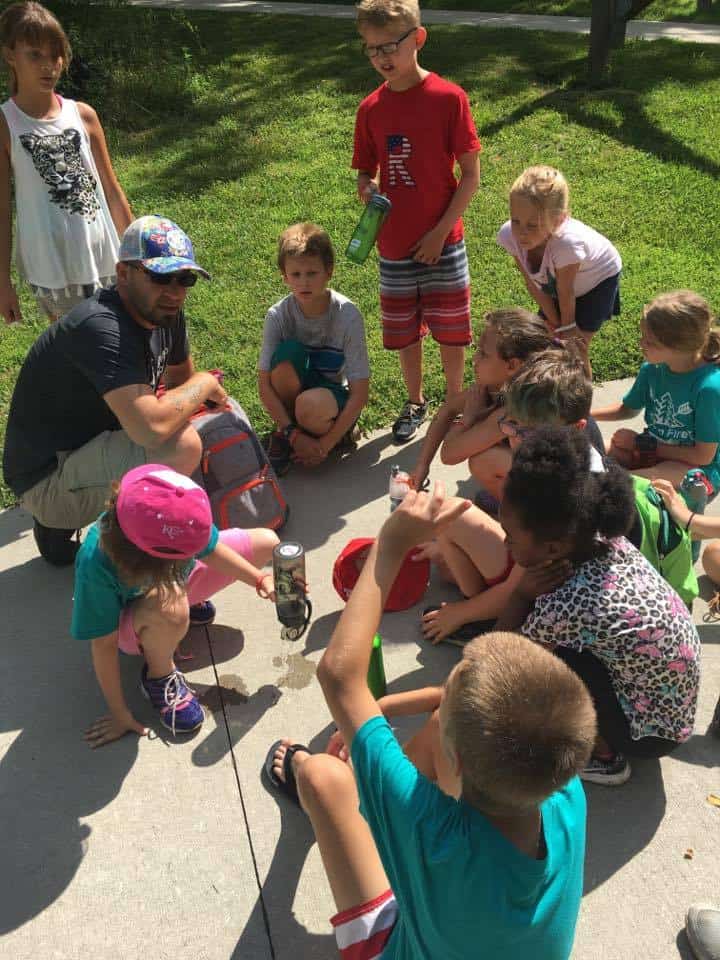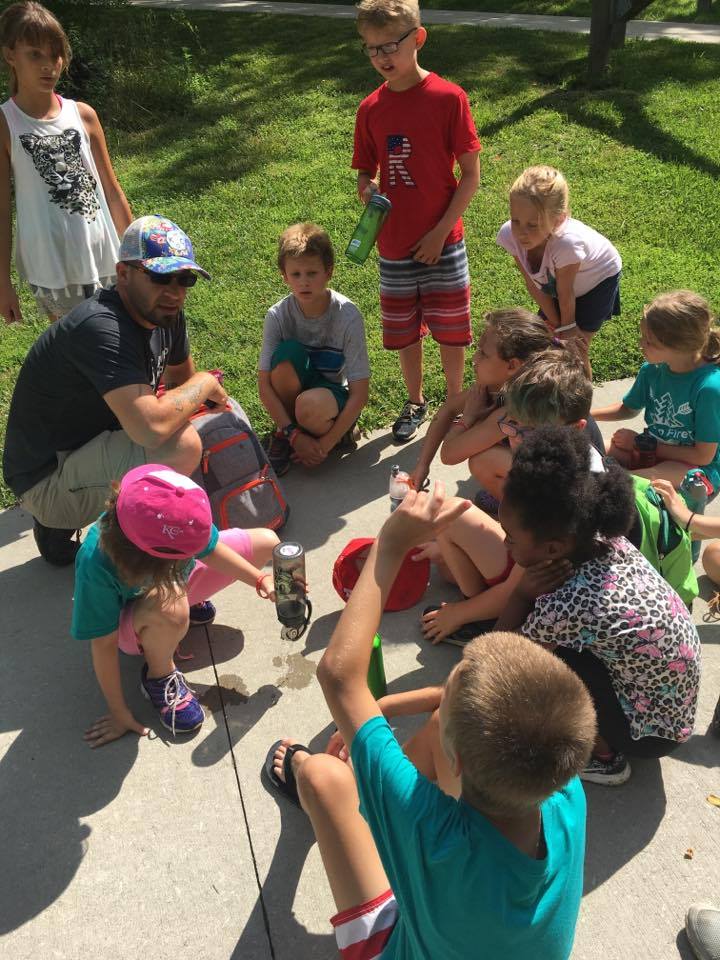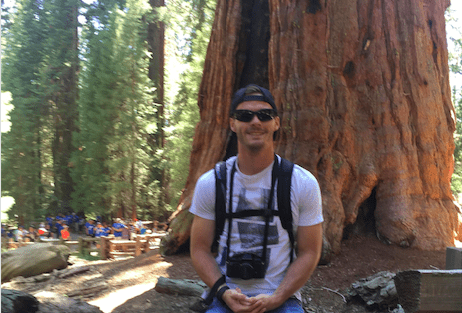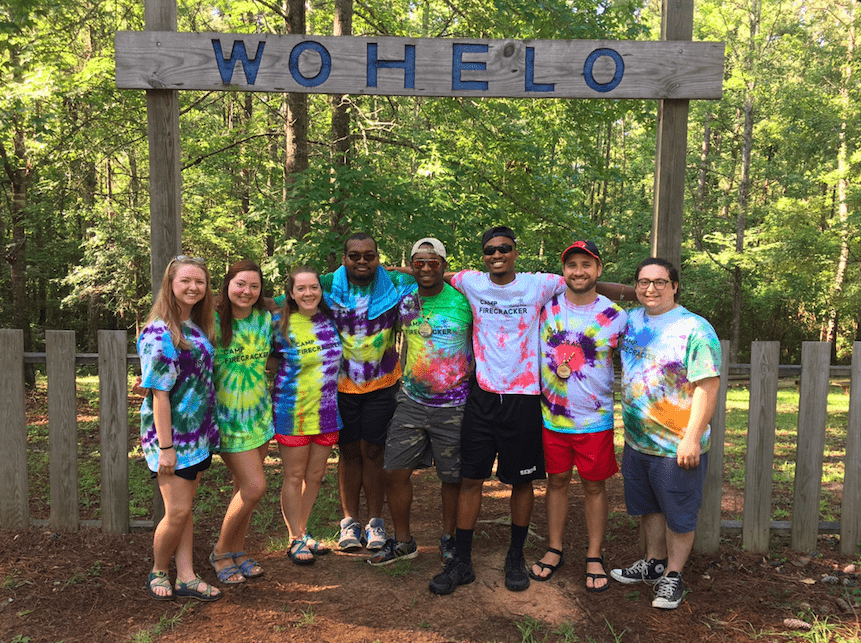
Conflict isn’t fun. Hard conversations can feel like a gut-punch, so most of us do everything we can to avoid them. But in the end, avoidance isn’t good for us, or our relationships.
The good news? There are healthy ways to handle conflict and hard conversations. Anyone can learn them. None of us will become experts overnight, but we can start now to learn how to have better conversations…and better conflict resolution. (Remember that growth mindset!)
Like we teach our Camp Fire youth, not every hard conversation will turn out perfectly with everyone will happy in the end. But if we strive to approach discussing problems in the best possible way, there is a high percentage the interaction will go well, and everyone will benefit!
Here’s what we can do to set ourselves up for hard conversation success:
1. First of all, be genuine when you approach someone. Let them know that things are about to get real! You might even ask up front, “Can we talk for a little bit? I have something really important I need to share with you.” When you sit down to talk, you could say, “This is hard for me to bring up, and I’m not sure exactly how it will come out but I want to ask for your patience and grace as I try to explain how I’ve been feeling…”
2. Go into the conversation with positive intentions. Resolve to listen, hear the other side, say what you need to say and reach a good ending.
3. As you continue the conversation, keep that end goal in mind. You want to resolve this conflict in a healthy way! That means it matters how you get there and how you express yourself.
Always try to be:
- Kind, even if you’re upset
- Thoughtful and intentional in your word choices… words are powerful!
- Calm while using a matter-of-fact tone of voice
- Respectful
- Focused on how YOU feel, not accusatory. Don’t say “You do X, or you never do Y…” Say “I feel like X, and it seems like Y to me…”
- Genuine and true to you!
Getting things off your chest in a healthy way is a truly beautiful thing, especially as honor yourself and how you feel. Go into hard conversations seeking the best for the person you’re talking with, and for yourself. Try to stay humble. No one has all the answers or knows it all, and all of us makes mistakes.
See our new infographic on 11 Tips for Better Conflict Resolution for even more ideas. And don’t worry, this takes practice and diligence! And with your practice comes wisdom, maturity, and more successful hard conversations.
You can do it! Good luck.
